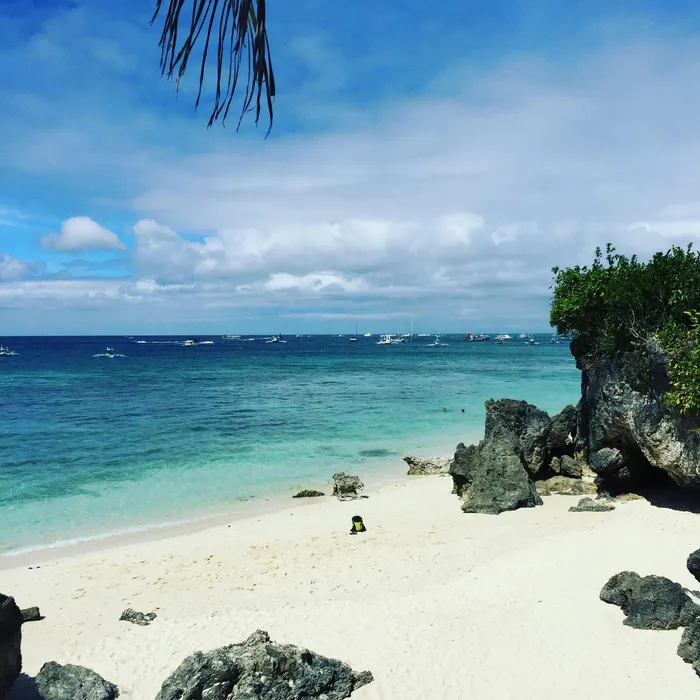Weather alert: Hotter days and more rain predicted for summer season, warns SAWS

South Africans brace for a hotter summer with increased rainfall and potential flooding, as warned by the South African Weather Service.
Image: Unsplash
South Africans can expect a hotter-than-usual summer with above-average rainfall across much of the country, according to the South African Weather Service (SAWS).
The seasonal forecast, issued on Tuesday, warns that the wetter conditions could increase the risk of flooding and related public health dangers.
“The forthcoming summer season will mostly be hotter than normal with rainfall patterns that are likely to favour above-normal rainfall over the summer rainfall areas,” said SAWS spokesperson Tammy Fray.
“These conditions could pose public health risks and the occurrence of natural disasters, especially flooding.”
The forecast notes that the El Niño-Southern Oscillation (ENSO) is currently neutral, but recent cooling could result in a weak La Niña event within the next month.
“For South Africa, this translates into generally favourable rainfall conditions for the summer rainfall areas in the north-eastern parts of the country, and, is expected to increase the likelihood of flooding during summer,” Fray explained.
Regions most likely to receive above-normal rainfall include the North West, parts of the Free State, KwaZulu-Natal, and sections of the Eastern Cape.
“This will likely benefit water reservoirs. However, measures such as establishing proper drainage systems must be taken to safeguard against floods,” Fray cautioned.
The forecast is less positive for parts of Mpumalanga and Limpopo, where below-average rainfall could worsen existing drought conditions.
“Farmers are encouraged to implement soil and water conservation measures, proper harvesting and storage techniques, and proper drainage systems to mitigate these impacts,” Fray said.
Alongside higher rainfall, South Africans should also brace for hotter temperatures.
“The seasonal forecast anticipates above normal minimum and maximum temperatures across the country, with exceptions in the southwestern coastal areas which will be below normal,” Fray said.
The higher temperatures are expected to increase the risk of heat-related illnesses and the growth of foodborne pathogens.
“Though summer is a welcome respite from winter, the SAWS would like to remind fellow South Africans that increased warming across the globe requires that everyone take proactive measures to protect themselves on hot days and avoid exposure to flood-prone areas where drainage is insufficient,” Fray said.
IOL News